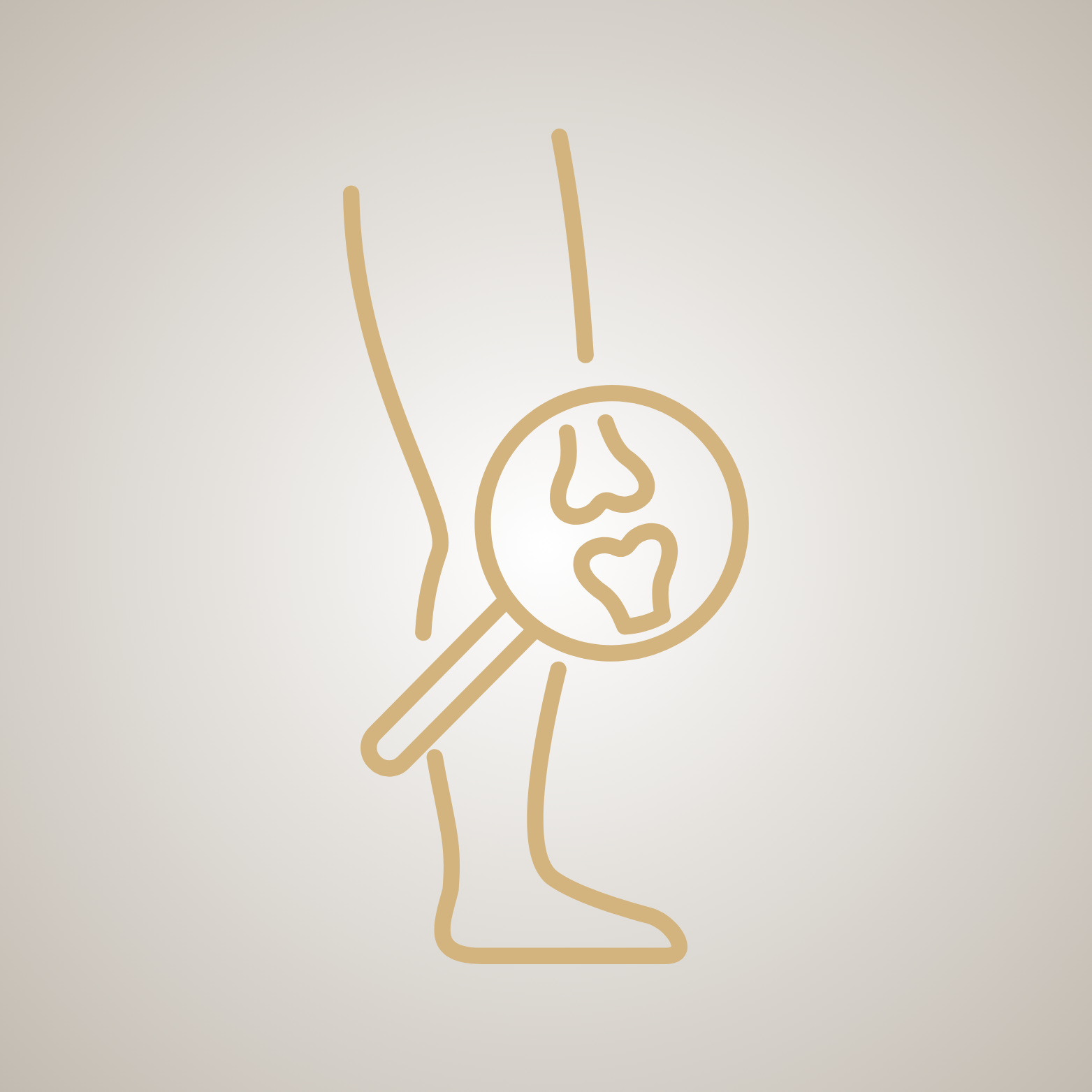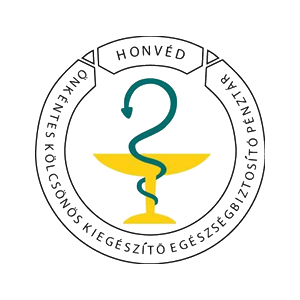What complaints may indicate orthopedic diseases?
In all likelihood, some form of orthopedic disease may be the cause of complaints that result in reduced mobility or persistent pain in the area.
The most common symptoms include:
- Joint pain,
- Arthritis,
- Joint swellings,
- Tendon strain, tendon rupture,
- Ficamok,
- Narrowed range of motion,
- Bone pain, bone deformities,
- Muscle aches.

What diseases does orthopedics deal with?
There are many diseases in the field of orthopedics, the most common of which are the following:
- Acute and chronic spinal pain,
- Scoliosis,
- Bechterew's disease,
- Scheuermann's disease,
- Disc herniation, disc herniation,
- Shoulder impairment, frozen shoulder, rotator cuff lesions, impingement syndrome,
- Kneecap disorders, meniscus injuries, cartilage detachment, cartilage softening, knee ligament tension, knee ligament rupture, knee wear,
- Schlatter - Osgood syndrome
- Rheumatoid arthritis,
- Tendonitis,
- Hip sprain, hip wear,
- Chest deformities (funnel chest, chicken breast),
- Golf elbows, tennis elbows,
- Ganglion,
- Goosefoot,
- Cam, hammer finger, spur,
- Varus-valgus (O-foot, X-foot), dongal foot,
- Bone necrosis, osteoporosis.

When should we visit a private orthopedic clinic?
If you experience any of the above complaints and symptoms, we strongly recommend that you visit our private orthopedic clinic, as starting the appropriate treatment as soon as possible will increase the chances of a full recovery and reduce the risk of complications.
You may also want to visit our clinic if you have previously been diagnosed with an orthopedic disease, as in some cases the diagnosis may need to be confirmed or clarified.
Some diseases require complex treatment methods and the involvement of several disciplines. Our clinic provides every opportunity for this, as long as it is justified, our specialists with serious practical experience can work together to treat your illness. This is useful not only because you don’t have to visit multiple ordering locations, but also because you can get the most personalized treatment.
What happens to a private orthopedic appointment?
At the orthopedic clinic, the patient is interviewed for the first time and the medical history is recorded. In doing so, the specialist requests detailed information from the patient about the time and nature of the complaints and the extent of the pain. He asks about previous illnesses, but it is equally important to be aware of the illnesses of family members due to hereditary illnesses. The risk of developing certain diseases can be increased by working conditions or even amateur and competitive sports, so we need to explain the employment conditions as well as our sports habits to our doctor. Finally, the specialist will also find out about our current and previous medications and medication habits. The physical examination is also part of the first doctor-patient meeting, which usually means viewing, touching and moving the affected areas. Because the leading symptom of orthopedic disease is pain, physical examination may also be associated with some degree of pain.
If necessary, your doctor may order further tests, which will provide you with detailed information.
Once the diagnosis has been made, a decision is made as to whether the patient should receive medication or other conservative treatment (eg, physiotherapy, use of medical aids, etc.) or whether surgery may be required. Your doctor will provide detailed information on the treatments and, if necessary, the date of the follow-up test.
What tests can help an orthopedic doctor make a diagnosis?
There are several test methods available to make a diagnosis, which will be discussed in more detail below.
1. Physical examinationThe physical examination has already been discussed tangentially above. In general, it is of paramount importance in orthopedic diseases. Some lesions are already visible or palpable. Functional examinations also provide a lot of support for the attending physician, as the function, stability and range of motion of individual body parts, limbs and joints can be assessed in this way. The function of the peripheral nerves is also checked to see if the sensory and motor reflexes in the affected area are working properly.
2. Radiology diagnostic testsIn many orthopedic diseases, physical examinations are not sufficient, and some imaging procedure may be warranted to make an accurate diagnosis. Your doctor will decide if an MRI, CT, X-ray or ultrasound will be needed
3. Laboratory testsRelatively rare, but laboratory tests (eg blood counting, evaluation) may be required. You will also be informed in good time by your doctor.
How do I prepare for my first specialist examination?
It is very helpful to make an accurate diagnosis and start appropriate treatment as soon as possible if more information is available to your doctor. Therefore, before the first orthopedic examination, it is recommended that you describe in detail when the symptoms occurred, in what form, and the extent of your pain on a scale of 1 to 10. If you have not already done so, find out about previous illnesses in your family members, and what medicines and supplements you are taking now and in the past. Final reports of previous illnesses, laboratory results, and findings from imaging diagnostic procedures can also serve as useful information, so take them with you if you have the opportunity.

What treatment options does orthopedics offer?
There are many treatment options available to specialists to treat orthopedic diseases. These can be grouped as follows.
1. Conservative forms of treatmentFortunately, many diseases can now be treated conservatively. Within this, there is a form of medication, the use of various medical aids, physiotherapy (e.g. physiotherapy, therapeutic massage), physiotherapy (e.g. shock wave therapy, electrotherapy, weight bath, etc.).
2. Surgical interventionIf conservative forms of treatment do not work, some surgery may be performed. Surgical techniques have now undergone tremendous development, so in many cases the various interventions can be performed in a minimally invasive manner (without the use of open surgery). The most common surgeries in the orthopedic field include various prosthetic implants (eg hip, knee) or arthroscopic knee surgeries (eg ligament reconstructions, removal of detached cartilage, etc.).













